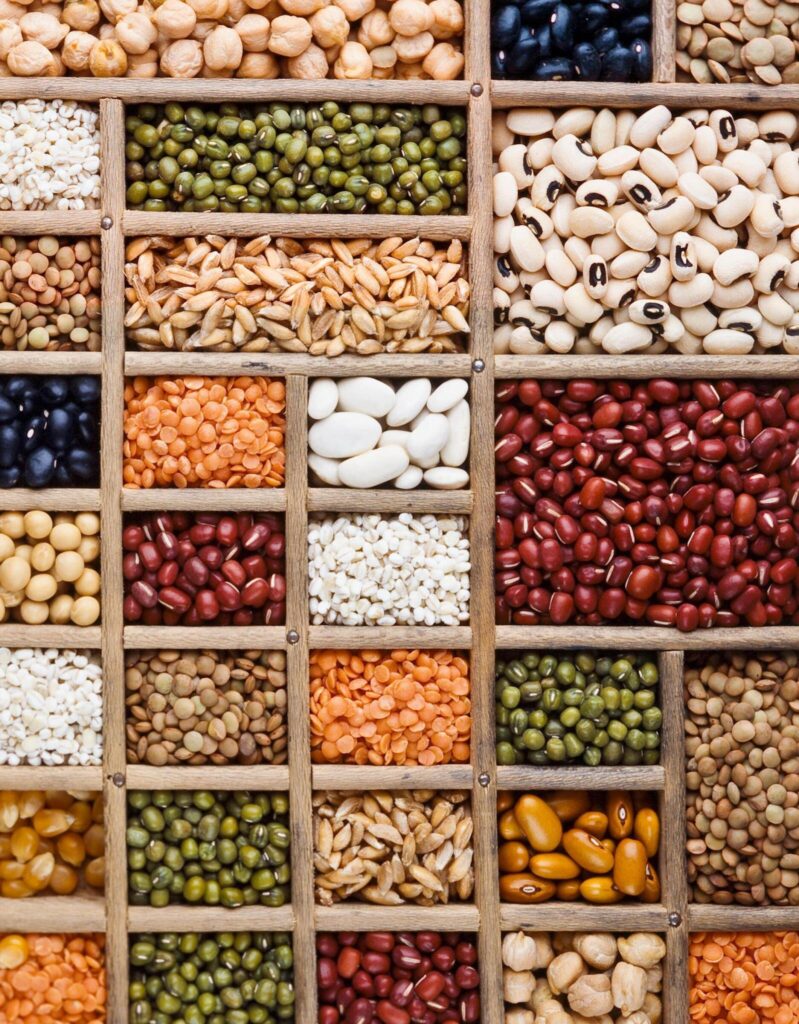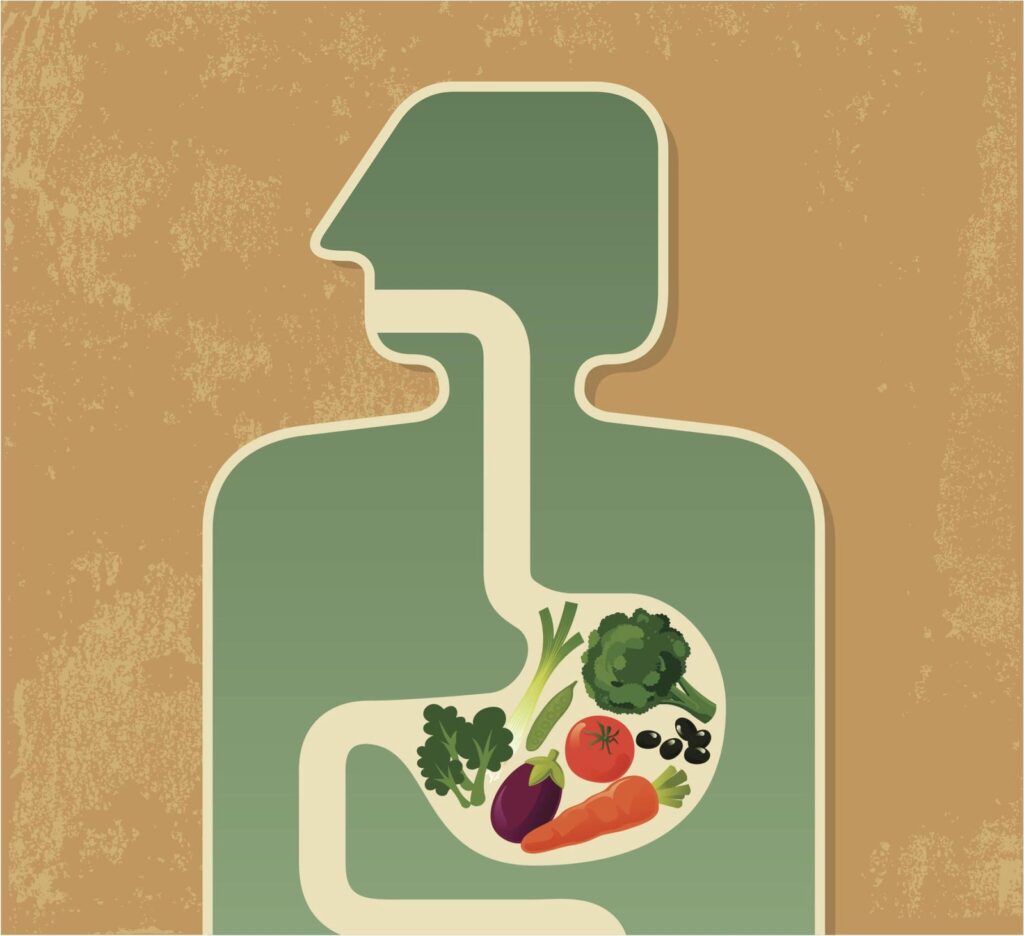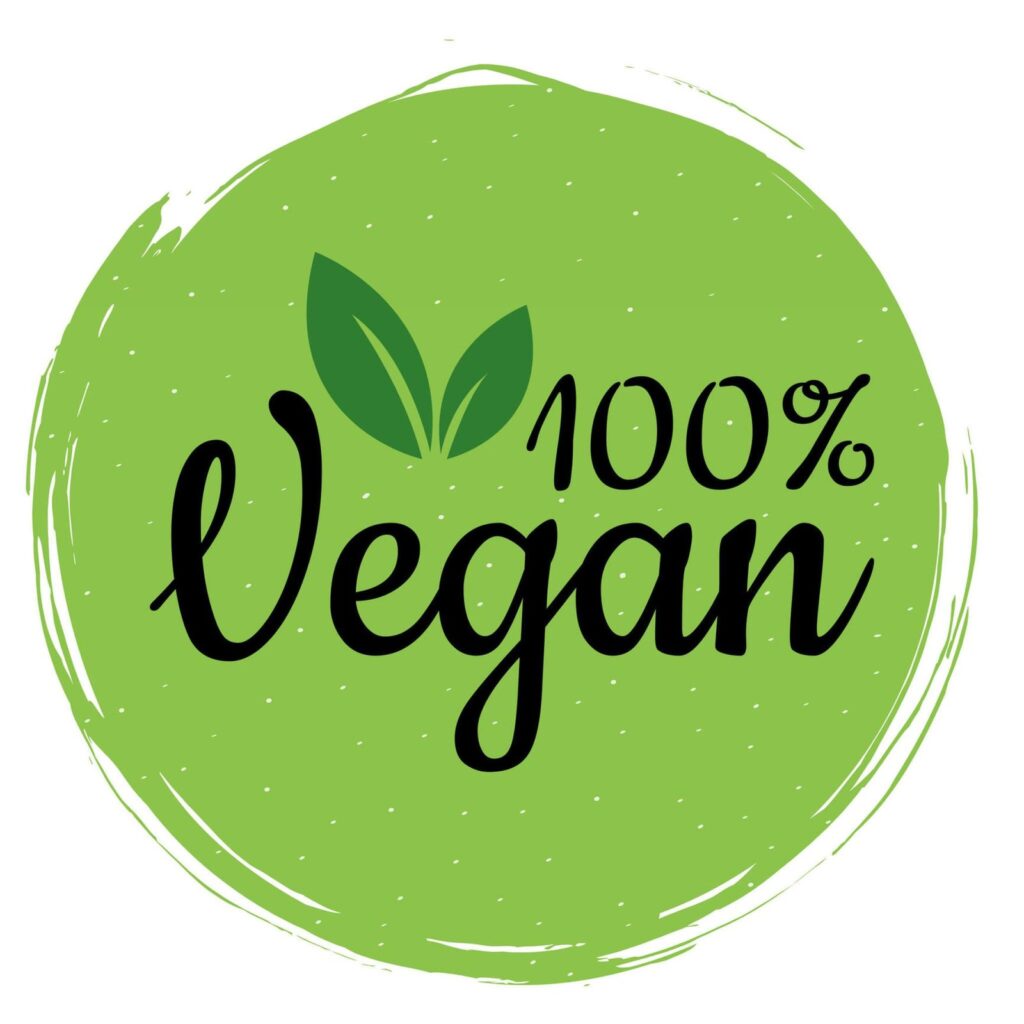In recent years, there has been a significant increase in the popularity of plant based proteins. With more people adopting vegetarian, vegan, and flexitarian diets, the demand for plant protein options has skyrocketed. This article will explore the reasons behind the rise and their benefits.
1. What Are Plant Based Proteins?

Plant-based proteins are plant protein sources, such as legumes, nuts, seeds, and grains. Unlike animal-based products, which come from sources like meat, dairy, and eggs, plant-based products do not contain any animal products. This makes them popular for those following a vegetarian or vegan diet.
1.1 Extraction Methods
There are several methods used to extract proteins from plants, including:
- Wet Extraction: This method involves soaking the plant-based protein source in water to release the proteins. The mixture is then filtered to remove impurities, and the remaining liquid is dried to create a protein powder.
- Dry Extraction: The plant-based protein source is ground into a fine powder and mixed with water. The mixture is then heated and pressurized to extract the proteins.
- Enzyme-Assisted Extraction: This method uses enzymes to break down the plant-based protein source and release the proteins. The enzymes are removed, and the remaining liquid is dried to create a protein powder.
1.2 Types of Plant Proteins
There are many different types, including:
- Soy protein: This is a complete protein containing all nine essential amino acids that our bodies cannot produce independently. Soy protein is commonly found in tofu, tempeh, and edamame.
- Pea protein: This is another complete protein derived from yellow peas. It is often used in protein powders and is a popular choice for those with allergies or sensitivities to soy or dairy.
- Hemp protein: Made from hemp seeds, this protein is a complete protein and a good source of omega-3 fatty acids.
- Brown rice protein: This protein is made from brown rice and is a good option for those with allergies or sensitivities to soy or dairy.
- Pumpkin seed protein: This protein is made from pumpkin seeds and is a good source of iron and magnesium.
2. Why Are Plant Based Gaining Popularity?
There are several reasons why they are gaining popularity. Here are some of the main factors contributing to their rise:
2.1 Health Benefits
Plant-based offer a variety of health benefits. They are typically lower in saturated fat and cholesterol than animal-based, making them heart-healthy. They also contain fiber, which is important for digestive health, and are often rich in vitamins and minerals.
Additionally, plant-based are often free from hormones and antibiotics, which can be found in animal-based proteins. This makes them a cleaner and more natural option for improving their health.
2.2 Environmental Impact

The production of animal-based proteins has a significant impact on the environment. It requires large amounts of land, water, and energy and contributes to greenhouse gas emissions. In contrast, plant-based proteins have a much smaller environmental footprint. Plant-based foods necessitate reduced land, water, and energy resources for production, consequently emitting fewer greenhouse gases.
As more people become aware of the environmental impact of their food choices, they are turning to plant-based proteins as a more sustainable option.
2.3 Ethical Considerations

For many people, choosing to switch to plant-based proteins is driven by ethical considerations. The production of animal-based proteins often involves mistreating animals, which can be a major concern for those passionate about animal welfare.
By choosing plant-based proteins, individuals can reduce their contribution to the suffering of animals and align their diet with their values.
3. The Benefits of Plant Based Proteins
Plant-based proteins offer a range of benefits, including:
3.1 Lower Risk of Chronic Diseases
Studies have shown that a diet rich in plant-based proteins can lower the risk of chronic diseases such as heart disease, diabetes, and certain types of cancer. This is because they are typically lower in saturated fat and cholesterol, known risk factors for these diseases.
3.2 Weight Management
Plant-based proteins are often lower in calories than animal-based proteins, making them a good option for those looking to manage their weight. They also tend to be more filling due to their high fiber content, which can help prevent overeating.

3.3 Improved Digestive Health
Fiber is essential for maintaining a healthy digestive system, and plant-based proteins are a great source of this nutrient. A diet rich in plant-based proteins can help prevent constipation, promote regular bowel movements, and improve overall digestive health.
3.4 Sustainable and Ethical
As mentioned earlier, plant-based proteins have a smaller environmental footprint and are a more ethical choice for those concerned about animal welfare. By choosing plant-based proteins, individuals can positively impact the planet and reduce their contribution to animal suffering.
4. Advantages of Plant Based Proteins over Animal Proteins
4.1 Nutritional Benefits
Plant-based proteins offer several nutritional benefits over animal proteins. They are typically lower in calories, fat, and cholesterol, making them a healthier option for those looking to maintain a healthy weight or reduce their risk of heart disease. These are also rich in fiber, vitamins, minerals, and antioxidants, essential for overall health and well-being.

4.2 Environmentally Friendly
Animal protein production significantly contributes to greenhouse gas emissions, deforestation, and water pollution. On the contrary, plant-based proteins exhibit a significantly lower environmental footprint. It requires less land, water, and energy, making them a more sustainable option for feeding the growing population.
4.3 Allergen-Free
Many people suffer from food allergies, with the most common being allergies to dairy, eggs, and shellfish. Plant-based proteins are free from these allergens, making them a safe and healthy option for those with food allergies or intolerances.

4.4 Vegan and Vegetarian-Friendly
Plant-based proteins are an excellent option for vegans and vegetarians who do not consume animal products. They provide a complete source of protein without the need for animal-based products, making it easier for those following a plant-based diet to meet their daily protein requirements.
4.5 Easy to Digest
Plant-based proteins are easier to digest than animal proteins, making them ideal for those with digestive issues. They are also free from lactose, which can cause digestive discomfort for those who are lactose intolerant.
4.6 Versatile and Delicious
Plant-based proteins are incredibly versatile and can be used in various dishes, from smoothies and shakes to soups, stews, and baked goods. They are also available in various flavors, making them a delicious and healthy addition to any meal.
5. How to Incorporate into Your Diet
There are many ways to incorporate plant-based proteins into your diet. Here are a few ideas to get you started:

5.1 Swap Out Meat for Plant-Based Proteins
One of the easiest ways to incorporate more into your diet is to swap out meat for plant-based alternatives. For example, use black beans or lentils instead of using ground beef in your tacos. You can also use tofu or tempeh instead of chicken or beef in stir-fries and other dishes.
5.2 Add Plant Based Protein Powder to Smoothies
Plant-based protein powders are a convenient and easy way to add protein to your diet. They can be added to smoothies, oatmeal, or baked goods for a protein boost. Look for powders from soy, pea, or hemp protein for a complete protein source.
5.3 Snack on Nuts and Seeds
Nuts and seeds are a great source of plant-based protein and make for a healthy and satisfying snack. For a protein-rich pick-me-up, try snacking on almonds, cashews, pumpkin seeds, or sunflower seeds.
5.4 Experiment with Plant-Based Recipes
Countless delicious plant-based recipes are available online, so why not experiment with some new dishes? For protein-packed meals, look for recipes that use ingredients like tofu, tempeh, beans, lentils, and quinoa.
6. Where to Buy

Allplants is a UK-based website that offers plant-based meal delivery services. They specialize in providing delicious, chef-prepared vegan meals that are delivered directly to customers’ doorsteps. Their meals are crafted using wholesome, natural ingredients, and they offer a variety of options to suit different dietary preferences and needs. Customers can choose from a selection of meals, including breakfast, lunch, and dinner options, as well as snacks and desserts. Allplants aims to make it easier for people to enjoy healthy, plant-based meals without the hassle of cooking, allowing them to follow a vegan lifestyle more conveniently.
7. Conclusion
The rise of plant-based proteins is a trend that shows no signs of slowing down. With their numerous health benefits, smaller environmental footprint, and ethical considerations, it’s no wonder that more and more people are turning to plant-based proteins as a staple in their diets. Whether you’re a vegetarian, vegan, or simply looking to incorporate more plant-based options into your meals, plenty of delicious and nutritious plant-based protein sources exist.
Discover additional healthy dieting options by clicking here.

